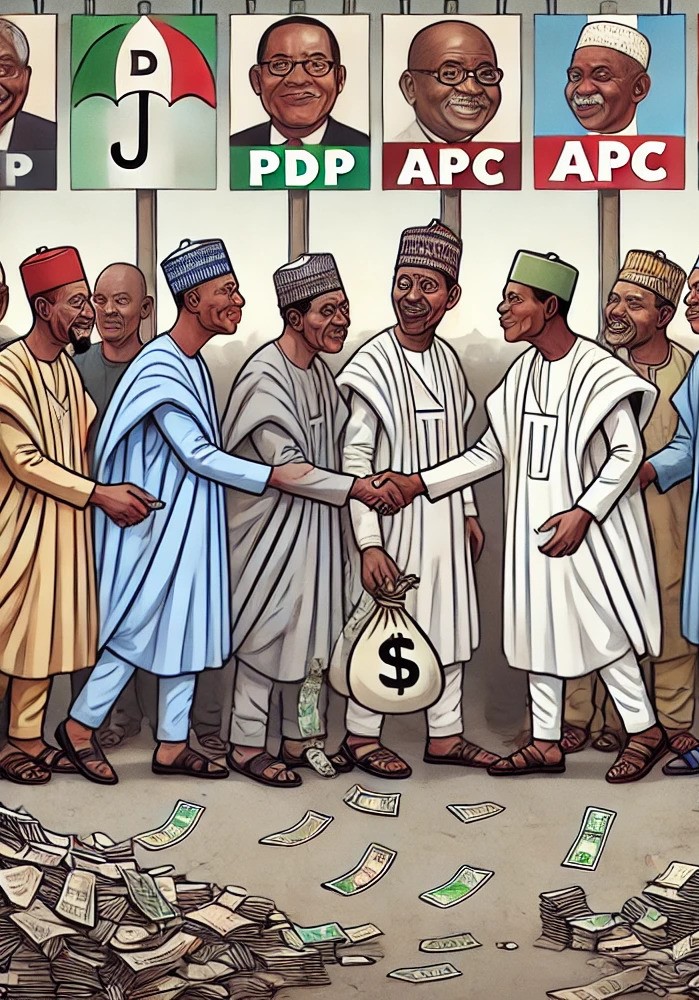Economy
Local Champions Only: Nigerian Politics Dominated by Older Generation -By Fadeela Mustapha Lawan
To address the issue of Nigerian politics being dominated by an older generation, several solutions could be implemented to promote youth participation in politics and governance in the upcoming 2027 elections. These include: introducing mandatory youth representation, encouraging political parties to hold youth-led primaries to select candidates for key positions, providing incentives for youth participation such as funding for young candidates and mentorship programs that pair young politicians with experienced leaders and others.

Nigerian politics is indeed dominated by an older generation, with many prominent politicians holding positions of power well into their 70s and beyond. This trend has sparked concerns about the lack of opportunities for younger Nigerians to participate in politics and leadership.
In many political positions of power, from presidential candidates to governorship positions, including deputy governors and vice presidents, older individuals are often nominated, perpetuating a system that hinders democratic consolidation.
According to the constitution, the age requirements for political offices are: President, 30 years; Governor, 30 years; Senators, 30 years; House of Representatives, 25 years; and State House of Assembly, 25 years. However, these constitutional provisions have not been strictly adhered to or effectively implemented over time. Despite having some of the youngest leaders in its history, such as General Yakubu Gowon, who took office at 31 in 1966, General Murtala Muhammed, who seized power at 37 in 1975, and General Olusegun Obasanjo, who became head of state at 39 in 1976, Nigerian politics has become a field dominated by older generations, with youth conspicuously absent.
Yet, decades have passed, and youth exclusion in Nigerian politics has become a significant democratic challenge. Politics is now often determined by age rather than capacity, marginalizing youth from participating. Instead, they’re often only considered for manual labor or heavy work, without recognition of their intellectual capabilities.
Nigeria’s political landscape is ripe for transformation, and youth participation could be the catalyst for change. Drawing inspiration from Captain Ibrahim Traoré’s leadership style, which prioritizes youth empowerment and civic engagement, Nigerian youths can play a significant role in shaping the country’s future. Nigeria’s democratic system would benefit from young leaders who bring new ideas and perspectives. Rather than perpetuating the status quo by voting for the same party and older individuals year after year, the country needs fresh minds and intellectual vitality to drive innovation and meaningful change.
To address the issue of Nigerian politics being dominated by an older generation, several solutions could be implemented to promote youth participation in politics and governance in the upcoming 2027 elections. These include: introducing mandatory youth representation, encouraging political parties to hold youth-led primaries to select candidates for key positions, providing incentives for youth participation such as funding for young candidates and mentorship programs that pair young politicians with experienced leaders and others.
Fadeela Mustapha Lawan






















